India Design ID 2024, currently underway in Delhi, is an immersive experience indeed. Among the over 130 homegrown and international luxury interior brands, there are unusual examples like Ankon Mitra’s ‘On Paper Of Paper’. In collaboration with Apparao Galleries, this exhibition features the most impressive paper works from over 70 artists across India, from sculptors to architects.
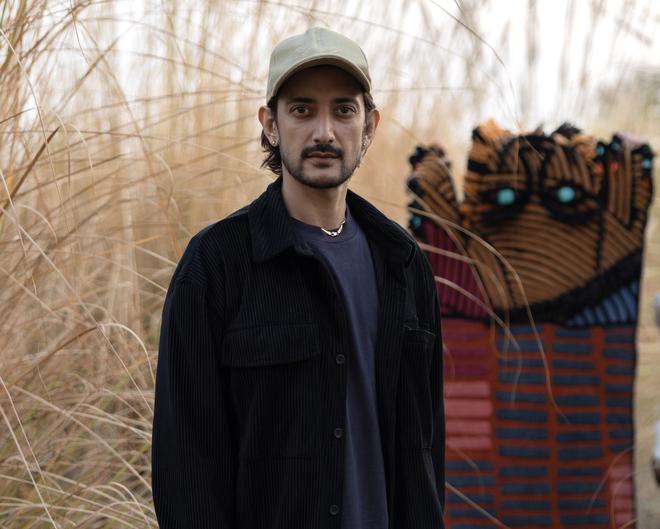
Another unexpected showcase is Jaipur Rugs’ ‘Jaanwar’, a collection of floor rugs in collaboration with award-winning designer, Kunaal Kyhaan Seolekar. In this case, the organic designs break the mould of rectangular formats, and are expressed as biomorphic forms that are a medley of tribal art, animal skin patterns and mythological references. The designs evoke the raw spirit of nature and organisms with stippled patterns, stripes and dashes, primarily with a Gond art typology in modern geometrical renditions. These are sweeping statement pieces, carefully handcrafted in natural shades — from red, vermilion and ochre to the blue and green palette.
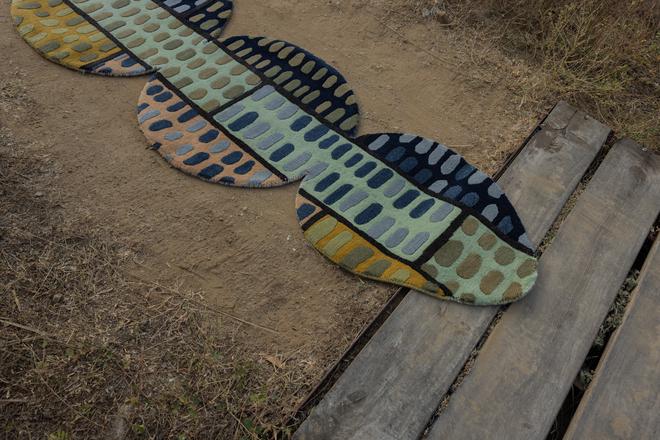
Untamed attraction
Why Jaanwar? The Hindi word, which means living creature, is also a reference to the wild or untamed. It is this raw quality that is evident in Kyhaan’s latest experiment with Jaipur Rugs. The designer, who enjoys working across creative disciplines, brings his in-depth work as an architect, fashion designer, textile and interior designer to this collection. We find these playful elements to the versatile range of furniture and products under his brands KOY and KOYTOY, and his work at studioHAUS. “I have always used these forms. I work with every material — fibreglass, wood, textile and yarn,” says Kyhaan, adding, “In these rugs, I’ve used the idea of pixels. It’s like painting with texture. You don’t only look at the print, you can feel the print.”
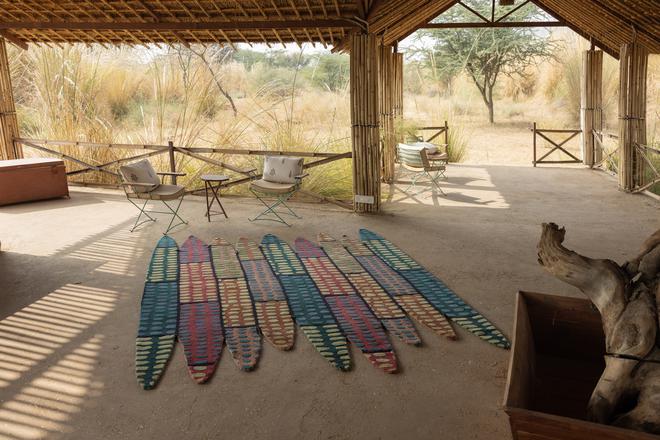
This three-dimensionality is an essential part of the experience, with Kyhaan envisioning floor coverings as canvases to unravel his art. The rug collections are photographed spread across the sands of the Rajasthan desert evoking a mysterious occult power. Serpentine forms are captured in Nag, and Ling is inspired by lingams. Kaali has a mesmeric black oculus at the centre, the eye, bordered with layered woollen fringes; and Drona unfolds on a mythical note, in rich vibrant hues. Shera, named after the tiger, draws from Gond folklore, and is embellished with gems such as corals and turquoise.
Cost of a 5x8 rug
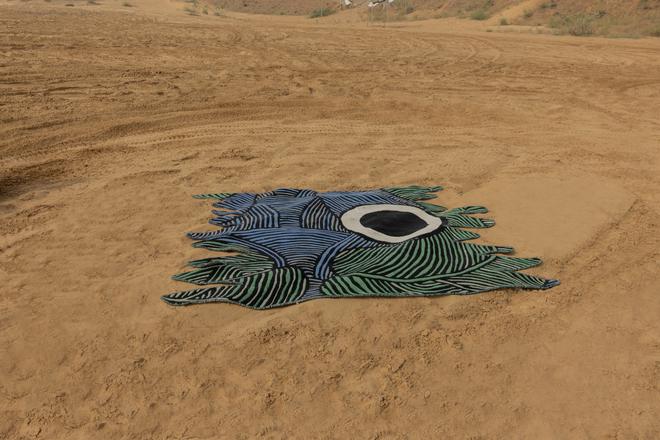
Materials and process
A self-confessed “nature person”, Kyhaan is fascinated by everything tropical, a core essence of the look and feel of the collection. The multidisciplinary designer who trained in architectural design at Parsons School, NY, says his first design was a rug. Recalling how he approached Yogesh Chaudhary and Nitin Shankar Mathur of Jaipur Rugs with a series of sketches, he says the collaboration followed soon after.
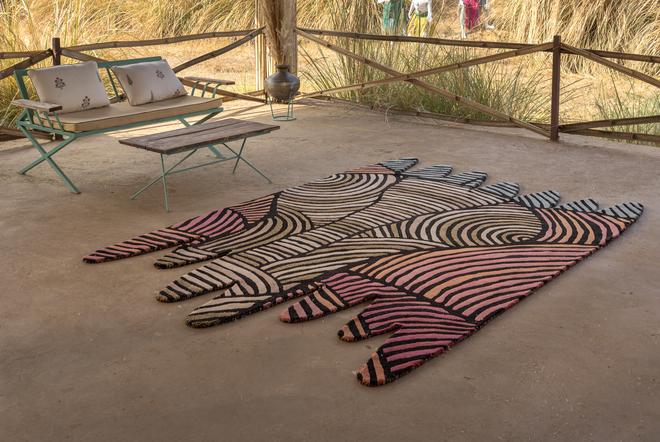
Ornamentation is central to his aesthetic, and he admits he is obsessed with semi-precious stones and tribal jewellery. All of the rugs are handwoven in the categories of hand-tufted, hand-knotted and hand-knotted with stones. The weaving was done with the meticulous craftsmanship of Jaipur Rugs’ community of weavers, and later shaped into organic modules. The rugs use a combination of materials such as wool and silk and the borders have woollen fringes. Outdoor rugs are tufted with PET fibre, increasing the pile height with a technique called guldarash.
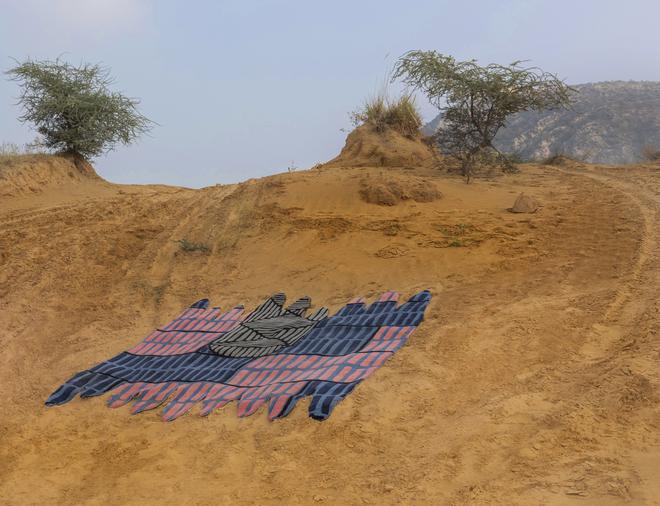
Campaign in the desert
For Kyhaan, all these sources become an inspiration to contemporise our traditional art and ways of seeing. The photography by Hansraj Dochaniya uses sites in Pushkar, Rajasthan, as the backdrop to bring out the indigenous flavour of the rugs. The campaign imagery pays homage to these tribal influences by incorporating the dance of the Saharias and the Bhil community from Madhya Pradesh and Rajasthan. Yantra is showcased with the indigenous tribes parading, wearing the costume of a pink elephant. For Kyhaan, there is a sense of bringing the auspicious into your homes with this collection. He says, “Each rug in this is a talisman, an heirloom that is also a talisman.”
The writer is a brand strategist with a background in design from SAIC and NID.







